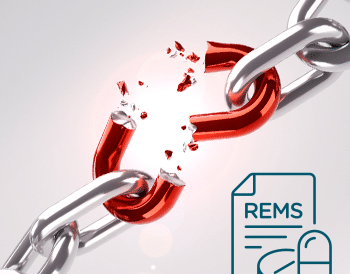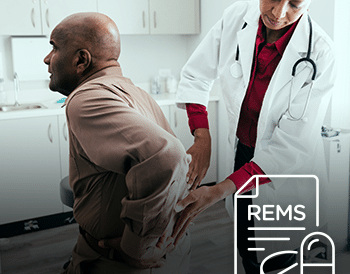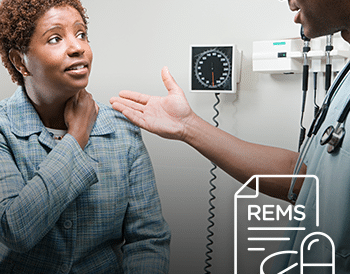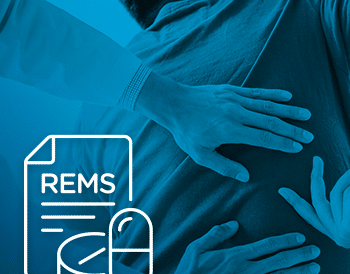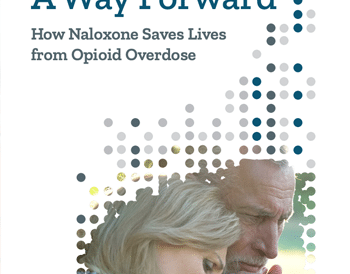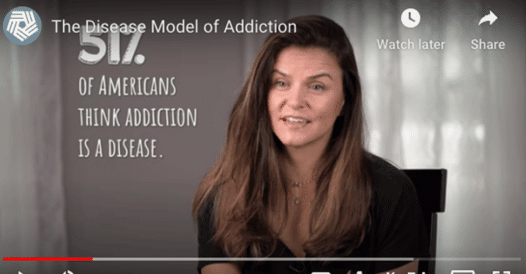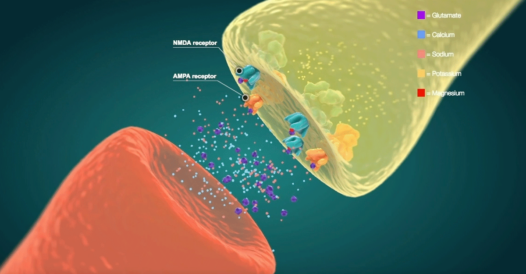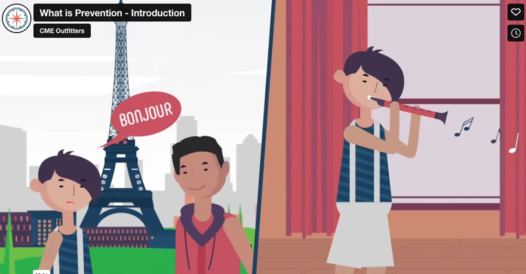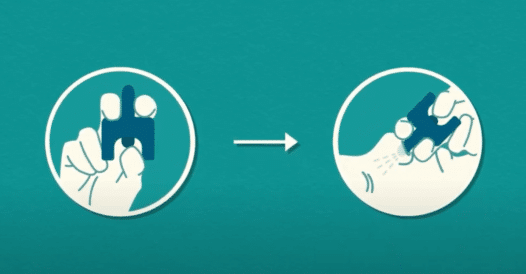Getting Beyond Opioids
Prolonged pain impacts a patient’s ability to heal effectively. With the opioid epidemic continuing to be a significant problem, and increased risks associated with NSAIDs, physicians and pharmacists continue to seek other options. From local anesthetics, patient-controlled analgesia, steroids, and nerve blockers, to a variety of proven holistic treatments like massage therapies, ultrasound, and changes in diet and exercise, an effective pain management program can be tailored to the patient’s needs while mitigating risk of dependency.



